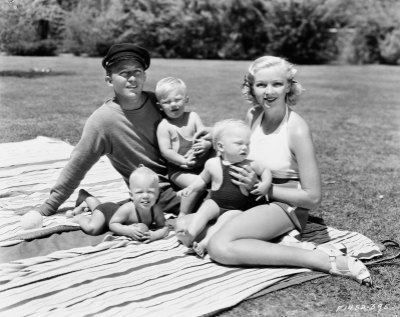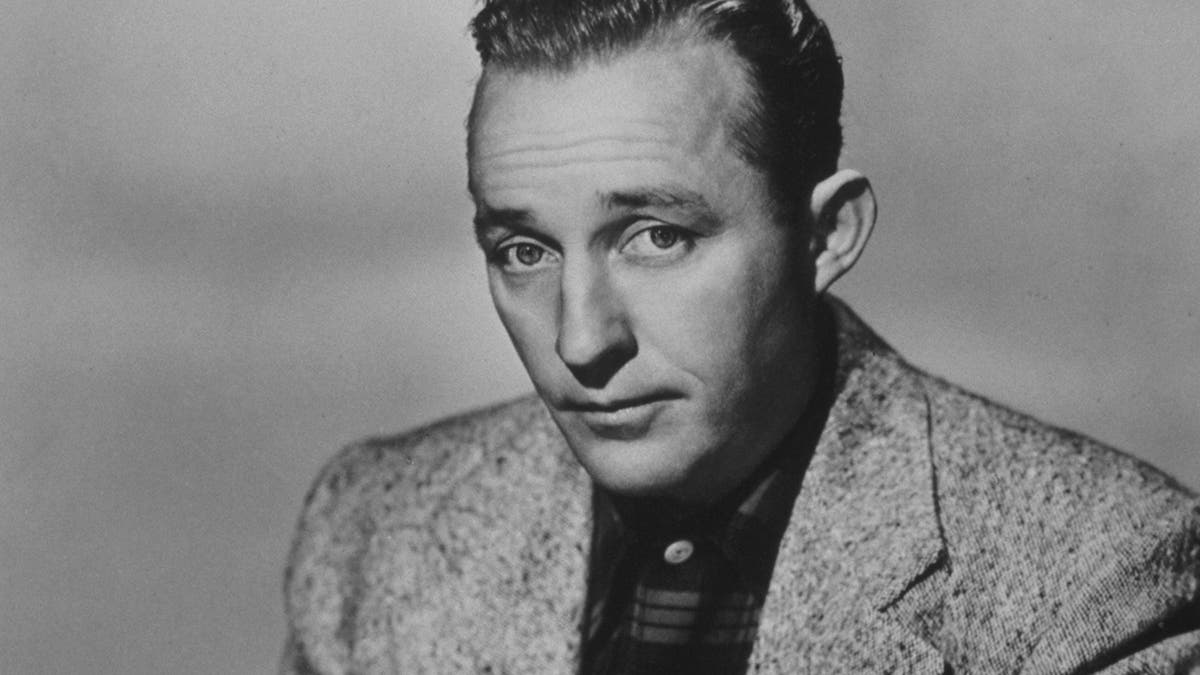There's something truly magical about Bing Crosby's 1942 rendition of "White Christmas." It's not just a holiday classic—it's the best-selling single of all time, with over 50 million copies sold. But what makes this achievement even more remarkable is the fact that Bing was going through a tough personal period when he recorded it. Gary Giddins, author of the new biography Bing Crosby Swinging on a Star: The War Years 1940-1946, shares exclusively with Closer Weekly that Bing was "in the dumps" during that time. "He was in a period of tremendous despondency about his life," Giddins reveals.
Struggles Behind the Smile
Bing Crosby's personal life was far from the warm, inviting world he created through his music. His marriage to Dixie Lee, the mother of his four sons, was fraught with challenges. While Bing managed to conquer his own drinking issues after they married in 1930, Dixie tragically fell into alcoholism. "It was a very unnerving home life," explains Giddins. "Bing could escape it through work, but she couldn't." This dynamic created a tense atmosphere at home, one that undoubtedly weighed heavily on Bing's heart and mind.

Bing's grueling schedule only added to his struggles. He was constantly on the move, traveling across the country for tours, filming three movies a year, and hosting a weekly one-hour radio show. "When he would come home, Bing would try to make up for his absence by imposing strict rules and excessive discipline," says Giddins. This created further tension in an already strained relationship.
Read also:Is Nardwuar Married Unveiling The Life And Legacy Of The Legendary Interviewer
A Voice of Doubt
Despite his success, Bing wasn't immune to self-doubt. "He expressed some concerns about his singing, which was the cornerstone of his career," Giddins notes. "He tried to keep it private, but I was able to uncover evidence of it." Even after winning an Oscar for his role as a priest in the 1944 film Going My Way, Bing still struggled with low self-esteem. During his acceptance speech, he humorously remarked, "This is the only country in the world where an old broken-down crooner can win an Oscar for acting." It was a lighthearted comment, but it masked deeper insecurities.
Yet, Bing found purpose in supporting America's servicemen and women. "Being needed during the war gave him a mission and a reason to value his talent," Giddins explains. "It pulled him out of the self-pity he was feeling." Bing's dedication to entertaining troops both at home and abroad became a lifeline for him.



